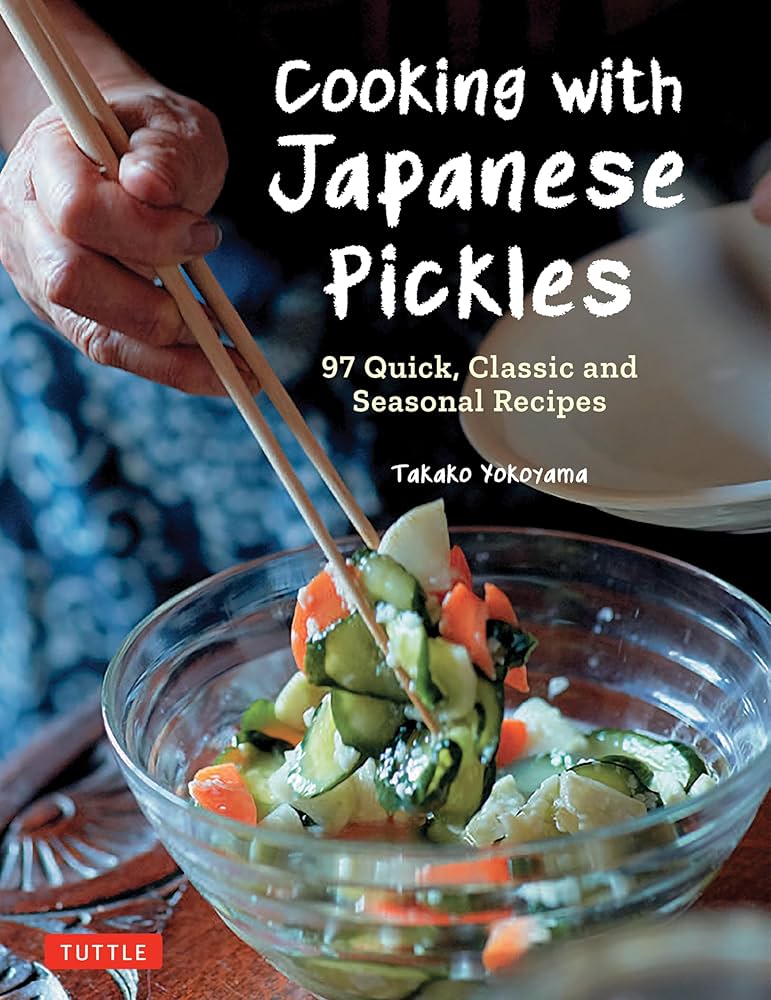Preserving Community Through Pickling: The Heart of the Urban Culinary Revival
A Celebration of Food Sovereignty and Tradition
In the vibrant heart of Minneapolis, a unique competition known as the Pickle-Off draws together both passion for culinary creativity and the foundations of food sovereignty. This year at the Four Sisters Farmers Market, the air was thick with anticipation as residents gathered not just to sample a variety of pickles, but to celebrate a communal effort towards reclaiming food traditions that have been historically marginalized.
Local pickle enthusiasts gather to share their creations.
A Flavorful Competition
Cassie Holmes, a proud citizen of the Lac Courte Oreilles Lake Superior Band of Ojibwe and a co-founder of the Pickle-Off, spearheaded this year’s event. With trophies and certificates handmade by locals, the playful phrase “kind of a big dill” resonated as the underlying theme of the competition. The first bite of each pickle jar opened at the contest signified not merely flavors, but a wider cultural significance.
The Pickle-Off began as a lighthearted bet between neighbors—an urban farmer from Little Earth of United Tribes made a claim for the best pickle, prompting a friendly challenge that has now blossomed into a spirited annual tradition. The contest serves as an empowering platform, illustrating the wider concept of food sovereignty; it encourages Indigenous people to manage and recreate their own healthy food systems.
Crafting Community Connections
The collaboration among local organizers and participants emphasizes the importance of small businesses and offers an opportunity for community members to come together over food. Participants like Tyra Payer and Paige Hietpas—who run a charming canning business called “CanIHaveSome”—find profound meaning in this process.
“At the end of the day, this is just a life-giving project for us,” shares Hietpas, shedding light on the intrinsic joy found in food sharing and community bonding. “It’s a way to keep a lot of these traditions going,” adds Payer, a Turtle Mountain Ojibwe citizen, echoing sentiments of resilience and continuity in cultural practices.
Judging the Best of the Best
This year’s competition presented a myriad of delectable pickles, classified into “Dill” and “Special” categories. Community judges sampled from a potpourri of entries, evaluating visual appeal, color, crunch, and taste—a true testament to the local culinary artistry at work.
Among the highlights, Destiny Jones, a Ho-Chunk citizen, took home the coveted “Best Pickle” trophy with her outstanding “Spicy Dill” recipe. Her secret? “I use a lot of fresh herbs… dill, garlic, and fresh peppers,” she explains, revealing how freshness can elevate homemade pickles.
Celebrating the awardees of the competition.
In another compelling win, Dr. Angie Erdrich, connected to the Indian Health Board of Minneapolis, secured the top prize for her bread and butter pickles, attributing her success to the rich produce harvested from her garden. Dr. Erdrich commented on the holistic approach to food sovereignty, stating, “Taking care of their food and taking ownership of what they’re putting into their bodies is essential.”
A Lesson in Safe Canning Practices
While the excitement of the Pickle-Off highlights unique culinary talents, there’s an undercurrent of education regarding safe food preservation techniques. The modern resurgence of canning—a practice that peaked in necessity during World War II—has found new life, especially among those who took to home gardening during the pandemic.
To foster this interest, upcoming canning classes will further educate participants on how to safely engage in home preservation. These sessions will emphasize the importance of using validated recipes and proper techniques, ultimately ensuring that home canning remains a fun, safe, and rewarding endeavor.
Learn how to safely preserve your summer harvest.
Conclusion: A Movement Beyond Pickles
As communities gather to celebrate and reclaim their food heritage, the Pickle-Off stands out not only as a competition but as a reminder of the critical connection between food, culture, and community health. For each jar of pickles tasted, there’s a story, a memory, and a step deeper into the embrace of food sovereignty, capturing flavors and traditions that echo through generations. By participating in events like this, individuals are not merely harvesting pride in their culinary skills but also reinforcing communal ties that stand resilient against the backdrop of an ever-evolving food landscape.
With these multifaceted gatherings, we reflect on our roots, savor our successes, and inspire the next generation of picklers. Let us not forget, whether it’s through crispy dill pickles or sweet preserves, every jar tells a story—one worth tasting and sharing.
Join the movement of reclaiming food traditions and learn how to can at the upcoming workshop on October 7th! For only $15, this hands-on session promises to ignite your passion for food preservation.
Article Overview
Preserving food traditions through local competitions and workshops fosters community spirit, encourages safe canning practices, and supports the principles of food sovereignty. The annual Pickle-Off in Minneapolis embodies this movement, showcasing unique recipes while connecting individuals to their culinary heritage.















